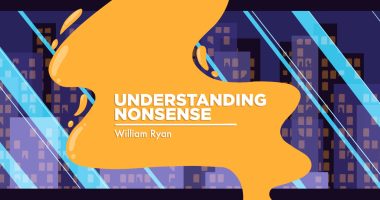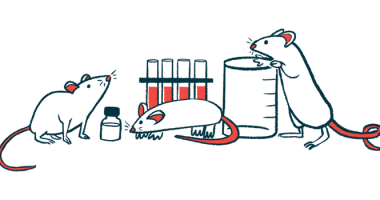Drexel Study to Look at Tailored ‘Talk’ Therapy in Helping Ease Depression and Anxiety in CF Patients

How well Acceptance and Commitment Therapy (ACT), or tailored “talk” therapy that can be delivered via telemedicine, helps people with cystic fibrosis (CF) cope with mental health issues will be the focus of an upcoming study.
Supported by a three-year, $960,000 grant from the Boomer Esiason Foundation, the study is to be led by C. Virginia O’Hayer, PhD, a professor of psychiatry at Drexel University.
Mental well-being is an area of concern with CF patients, who are known to be two to three times more likely to have bouts of anxiety or depression as people without CF.
ACT, a type of talk therapy, may be helpful for people with chronic diseases like CF. And if used as a form of telemedicine, patients do not need to meet in a group, lowering their risk of exposure to infectious agents.
“ACT is a novel, interactive, and experiential treatment, different from other talk therapies,” O’Hayer said in a press release.
O’Hayer led a small, three-year pilot study in which 30 CF patients completed six, 50-minute ACT sessions that had been tailored for this disease. Participants in the pilot study had the option of doing these sessions in person or via webcam — having healthcare providers interact with patients in a virtual space (telemedicine).
The study found that ACT helped in easing anxiety and depression in these patients, and seemed to also have a positive impact on lung function.
Of the 30 participants, 24 chose to do ACT via webcam, and no differences were seen between the two groups in terms of outcomes, suggesting that ACT can be reliably delivered in a telemedicine context.
“Now that we know, from our pilot study, that ACT can help people with CF better cope with mental health concerns, we need to figure out if ACT works better than ‘just talking with someone,’” O’Hayer said.
The new trial is planned to take place at centers across the United States. Participants will complete six 50-minute talk therapy sessions delivered by a webcam, and will be randomly assigned to receive either ACT modified for people with CF or supportive psychotherapy, a more general approach that will serve as a control for the study.
Researchers will analyze patients’ levels of anxiety and depression, as well as the frequency with which they take their medicines, among other health measures.
“By expanding our treatment to a more diverse patient population and including a treatment-as-usual control condition, we aim to address why ACT improves lung function — and to further help CF patients optimize their mental and physical health,” O’Hayer said.
Eligible patients interested in taking part can contact Drexel University at (267) 507-6591 for information.
Gunnar Esiason, director of patient outreach at the Boomer Esiason Foundation, added: “Mental health has been overlooked for far too long in cystic fibrosis, and though it is now widely understood that mental health issues are prevalent in the CF community, the Boomer Esiason Foundation is proud to be supporting an intervention that will directly support patients and families experiencing such issues.”
“We are also thrilled to award this grant … we look forward to the trial getting underway, and want to extend a message of thanks to the people living with cystic fibrosis who volunteer for the study,” Esiason concluded.







